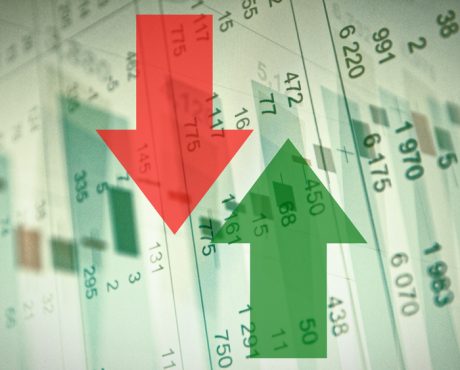P/E Ratios for Consumer Staples at Multi-Year Highs
Investors who are buying solid dividend-paying stocks in search of a return when bond yields are extremely low are running into the risk of artificially inflating the value of companies.
According to an analysis by The Wall Street Journal, the shift to seek better returns in equities has created huge expectations of future earnings growth in some of the oldest consumer staple companies, which may not have the potential to surprise investors with hefty returns each quarter.
One way to analyze this trend is to look at the company’s price-to-earning (P/E) ratios. This capital shift to buy dividend paying stock has boosted Unilever Plc’s (NYSE:UL) price-to-earnings ratio to 28, the highest level in 16 years. Unilever’s shares are now worth more than all the cumulative earnings that the company has made since it joined the Financial Times Stock Exchange (FTSE) 100 32 years ago, adjusted for inflation. (Source: “Risks Linger as Global Hunt for Yield Pumps Up Stocks That Act Like Bonds,” The Wall Street Journal, August 24, 2016.)
Similarly, P/E ratios for the S&P 500 and MSCI Europe’s consumer staples sectors are at multi-year highs, suggesting that investors are willing to pay much higher per dollar of earnings. For example, if a company were currently trading at a multiple P/E of 20, the interpretation is that an investor is willing to pay $20.00 for $1.00 of current earnings.
But this reliance on the equity market for yields isn’t without risks. Equity markets are much more volatile, unlike bonds. Coupon payments for bondholders are guaranteed unless issuers default, but companies can skip or cut dividends if their profits come under pressure or if they want to preserve cash for growth.
So far, investors are ignoring risks associated with equity investments, as central banks globally pursue accommodating monetary policies and global economic weaknesses hurt investor sentiment.
That situation may change quickly if inflation starts to accelerate and the Federal Reserve resumes its tightening cycle.
The former chairman of the Fed, Alan Greenspan, warned those investors who think low interest rates aren’t going up any time soon, saying the U.S. rates will begin rising soon at a pace that will surprise many market participants.
